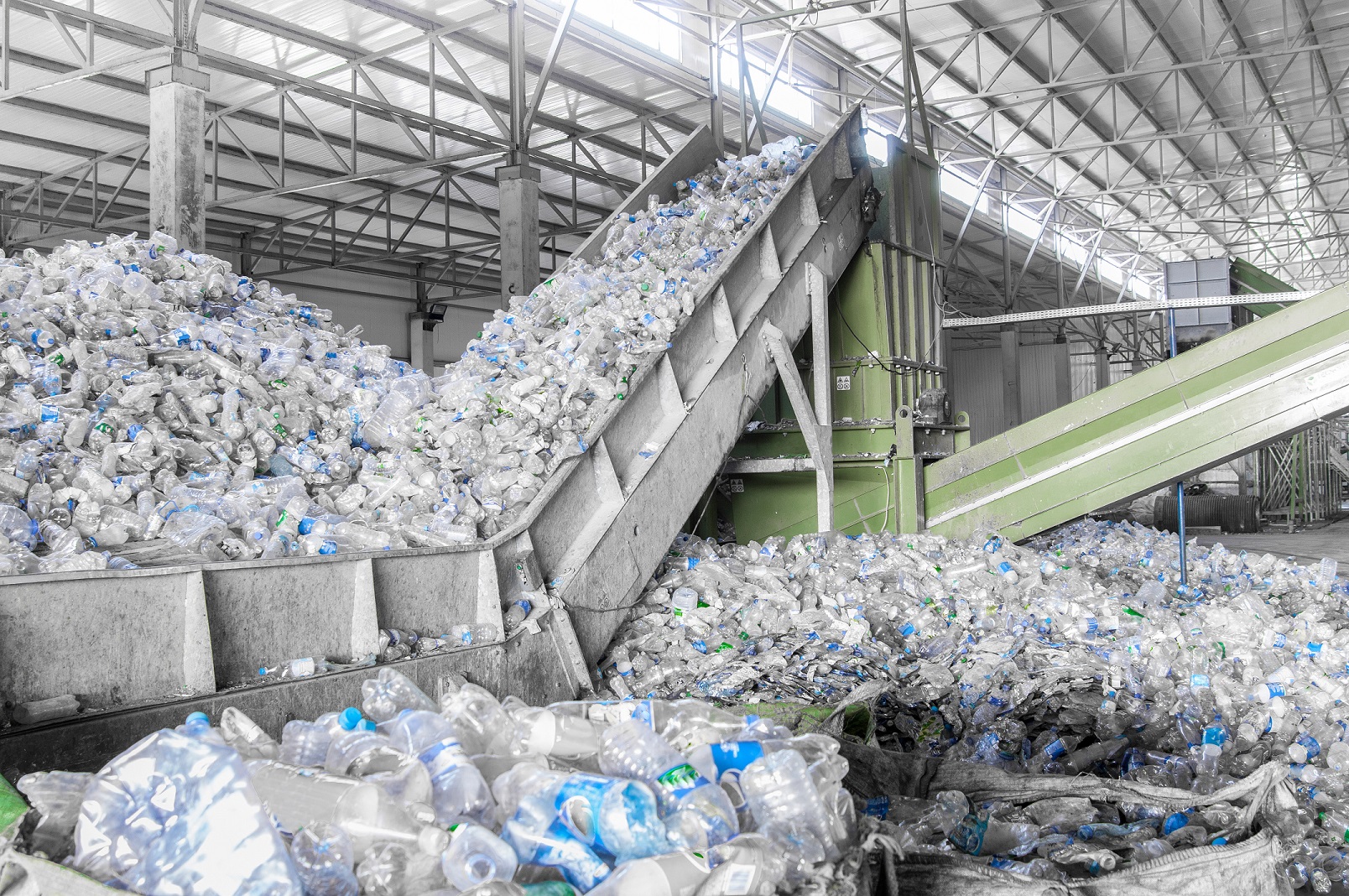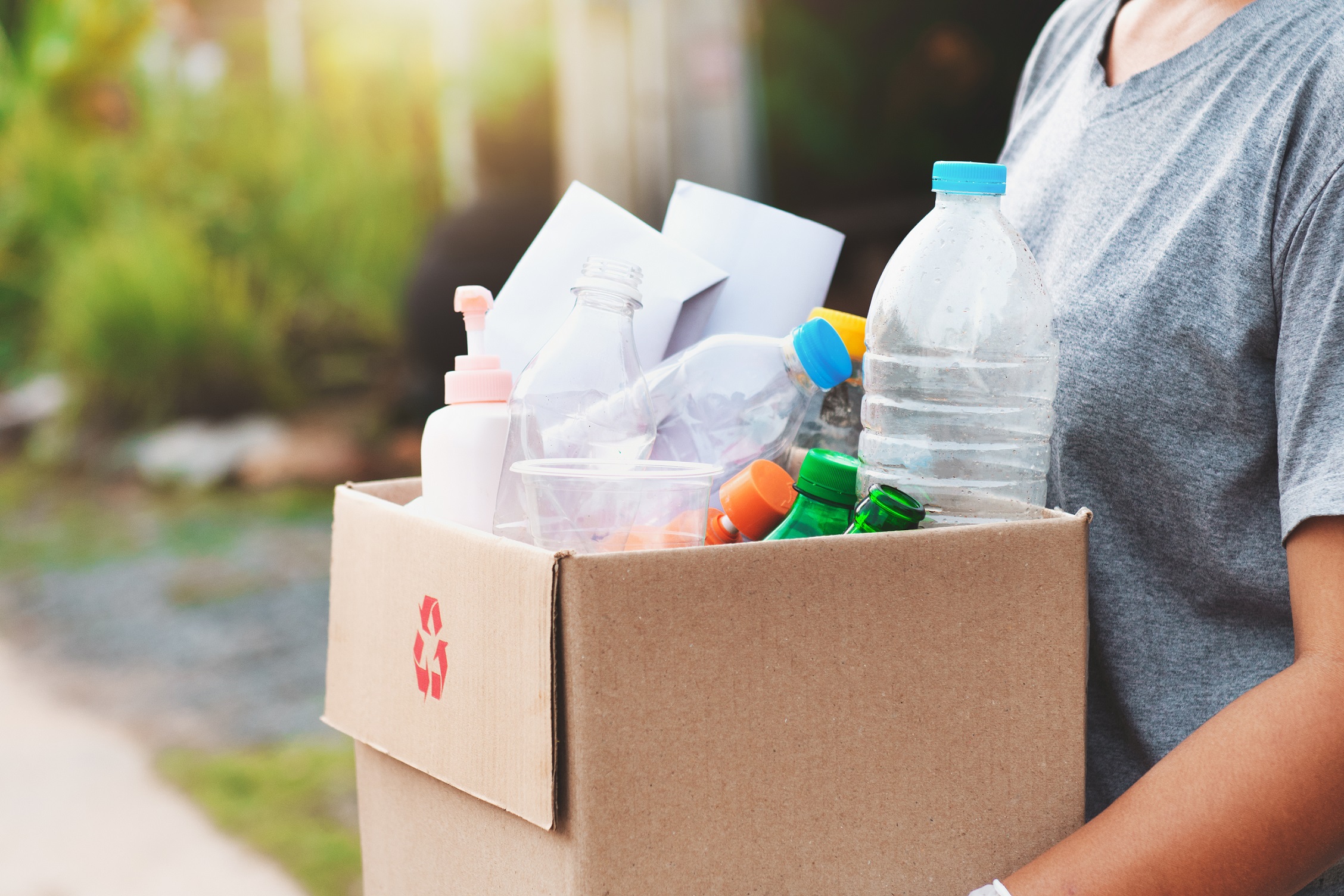Tackling The Challenge Of Recycling
get to know the do's & don'ts of recycling
All across the country, the recycling industry is struggling to make recycling a continuing viable industry. Many changes are occurring in Arizona municipalities as they rise to the challenge to keep recycling profitable. The problem is multifaceted as are the solutions.
Recycling woes have been a big topic in the news as the recycling industry has struggled to remain profitable in the face of decreasing demand. According to the WSJ, China in 2017 purchased 14.5 million tons of scrap recyclables but that was down to 9.4 million tons in 2018. The purchase price has also diminished as well, for example, the price for mixed paper in the US falling from $67 to $2. Another consideration is the revamping of collection and processing practices duo the high cost of contaminated recyclables.
Arizona's Solutions:
Find a New Market
This will take time and new relationships on a national level. China's demand was so significant that other markets have not been developed.
Reduce The Cost Of Recycling By Improving The Collection Process
One successful example can be found in Tucson. The city's Right Size, Right Can program lets residents choose the right size trash can for their household. The smaller the can the less the price thereby incentivizing recycling. The city of Tucson has moved to every other week for their recycling collection. In addition, Tucson will be holding interactive public neighborhood meetings to inform and discuss current and future plans. For more information call the Tucson Clean and Beautiful Recycle info line at (520) 791-5000
One of the costly components of recycling is the contamination of recycled products. Items placed in the recycle bin must be clean. According to their city government website in Kingman Arizona, the city has worked hard to reduce the costly contamination rate in their city from 47% to 10%. Up until July of this year, Kingman's recycling locations were unmanned. They have greatly improved the situation by taking drop off collection of recyclables in one manned center and separating out dirty containers. They are also working on a pilot program with 500 homes.
bin must be clean. According to their city government website in Kingman Arizona, the city has worked hard to reduce the costly contamination rate in their city from 47% to 10%. Up until July of this year, Kingman's recycling locations were unmanned. They have greatly improved the situation by taking drop off collection of recyclables in one manned center and separating out dirty containers. They are also working on a pilot program with 500 homes.
The program implements a 2x a week pick up - once for recyclables and once for trash. In the rural areas of Green Valley/Sahaurita trash and recycling are managed by private industry. Check out Republic Services for information on recycling practices and changes in that area.
Other cities that are still looking for solutions are Casa Grande and Surprise which have placed their recycling programs on hold until further notice. In Surprise, though residents are encouraged to separate trash from recyclables and use the appropriate containers, everything will go to the landfill until further notice.
Educate Residents
here have been effective campaigns over the years. Phoenix effective campaign has kept responsible recycling top of mind with its campaign motto "Reduce, Reuse, Recycle, Reconsider, and Reimagine" healthy consumption habits to minimize waste in our daily lives. Residents are encouraged to consider repurposing, reusing and even composting before they even think about recycling.
top of mind with its campaign motto "Reduce, Reuse, Recycle, Reconsider, and Reimagine" healthy consumption habits to minimize waste in our daily lives. Residents are encouraged to consider repurposing, reusing and even composting before they even think about recycling.
Cities are looking for new ways to get the message out. For example, Phoenix has an interactive outreach called Oops/Shine On!
Neighborhoods that do not recycle well are selected for an inspection. Workers check recycle bins and determine if the resident is doing a good job. If they are, they are awarded a Shine On! Sticker. If they are putting regular trash in their recycle bin, an Oops tag is issued. There have been positive results from this program.
Always Recyclable
Phoenix's Top 10 Recyclable Items
- CARDBOARD
- PAPER
- FOOD BOXES
- BEVERAGE CANS
- FOOD CANS
- GLASS BOTTLES
- JARS (GLASS & PLASTIC)
- JUGS
- PLASTIC BOTTLES
Never Recycle
Plastic grocery bags, plastic wrapping, electronics, clothing, dirty diapers, lawn clippings, dirty jars, pizza boxes, paper towels, napkins, and tissue paper.
Before tossing something in the recycle bin stop and consider the person on the sorting end of recycling who has to sort through the contaminated and stinky products.
Also, an item that is reusable does not mean it is recyclable. Bowling balls, padlocks, clothing and the like are often tossed in the recycle can because some well-meaning person does not want to be wasteful. Reusable items should be dropped off at your local thrift store.
September Home Maintenance To-Do: #Recycle
###
